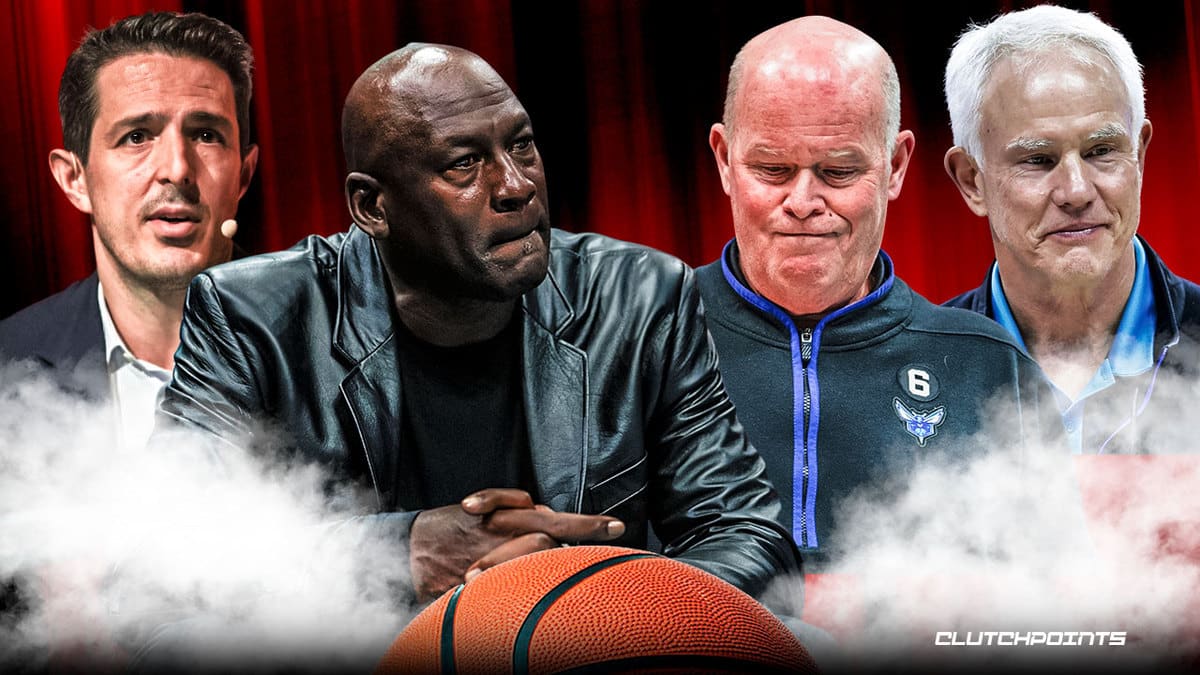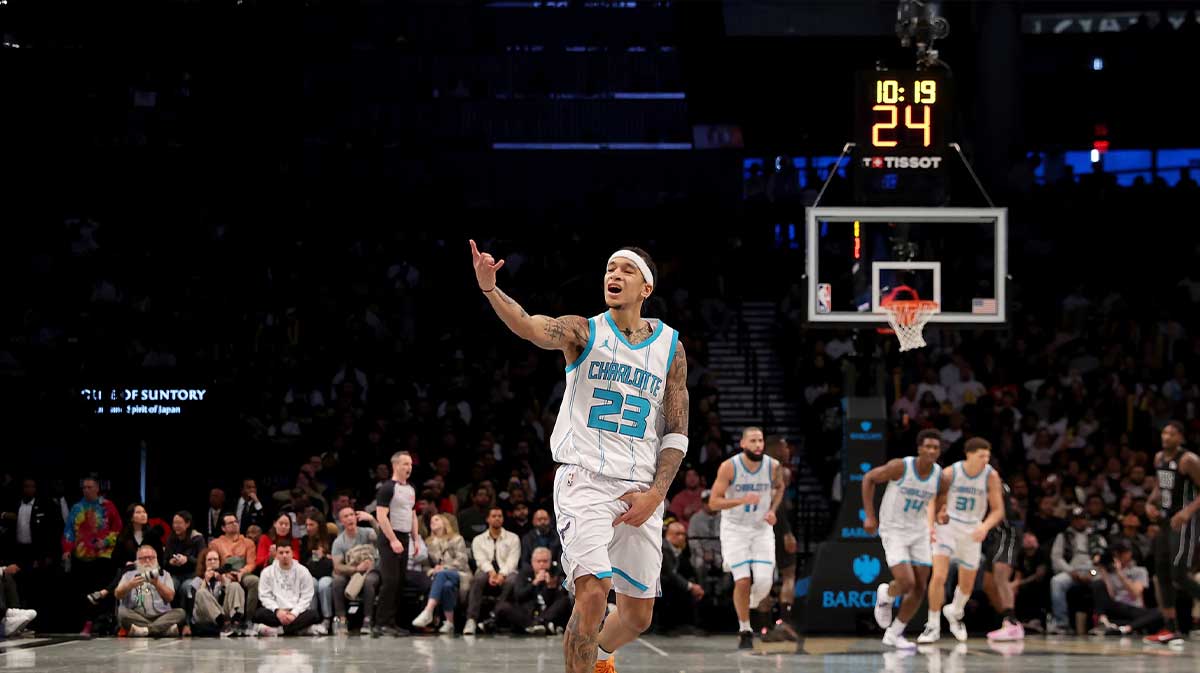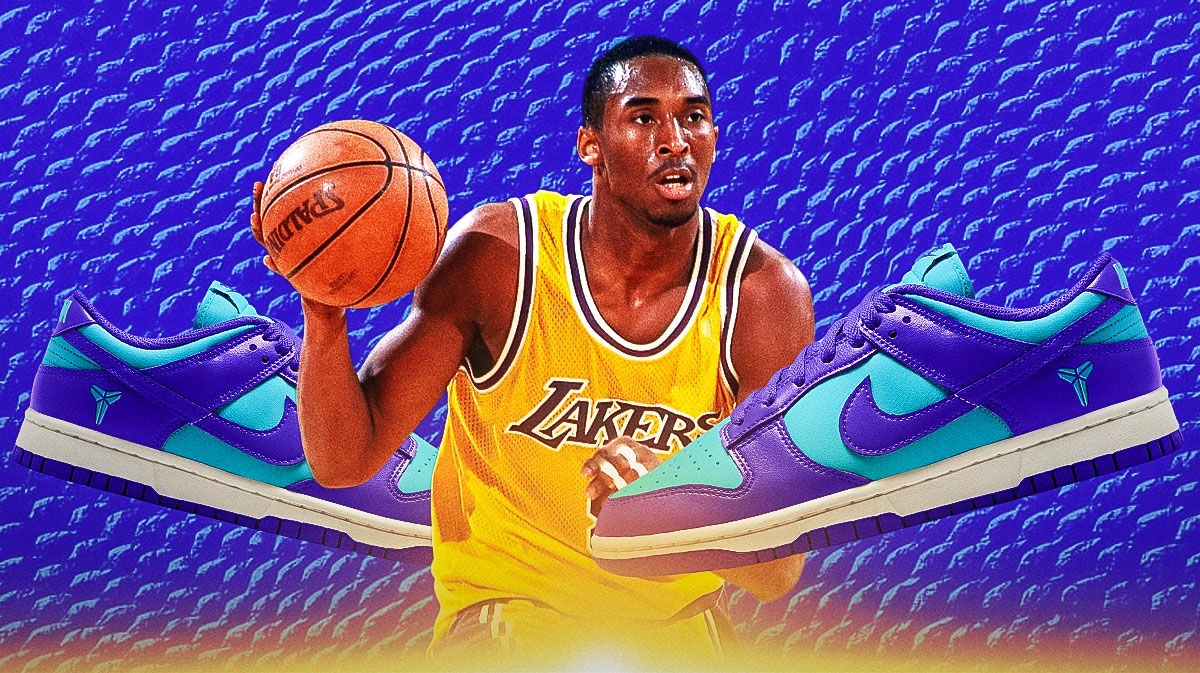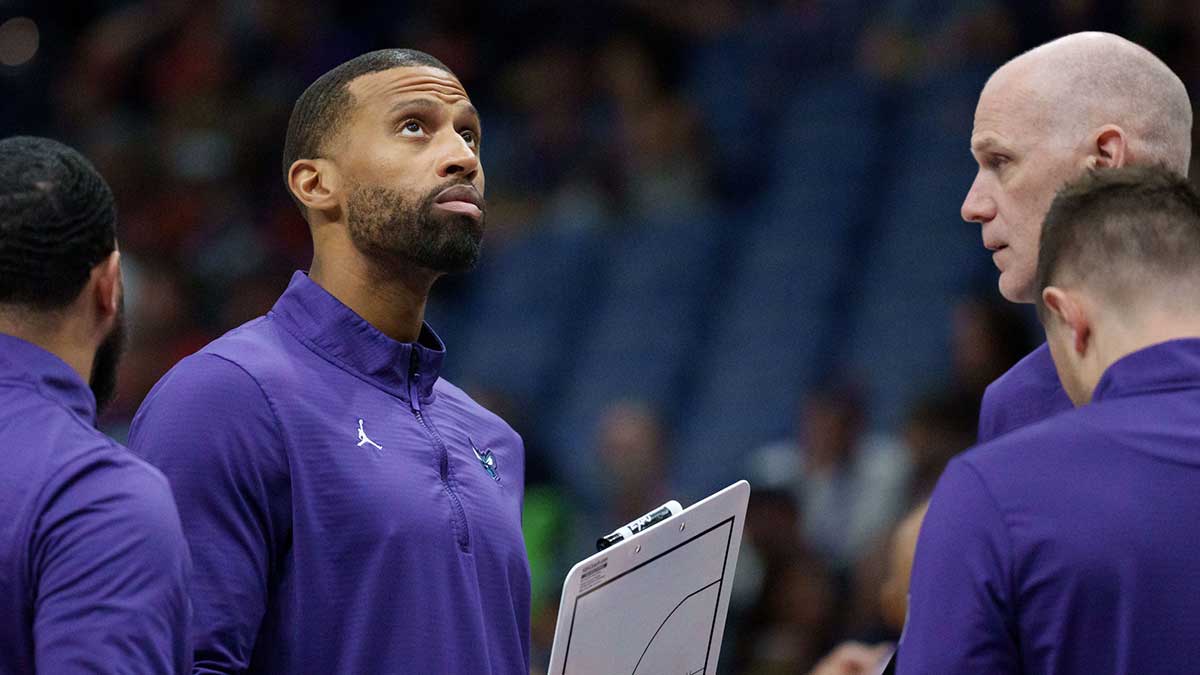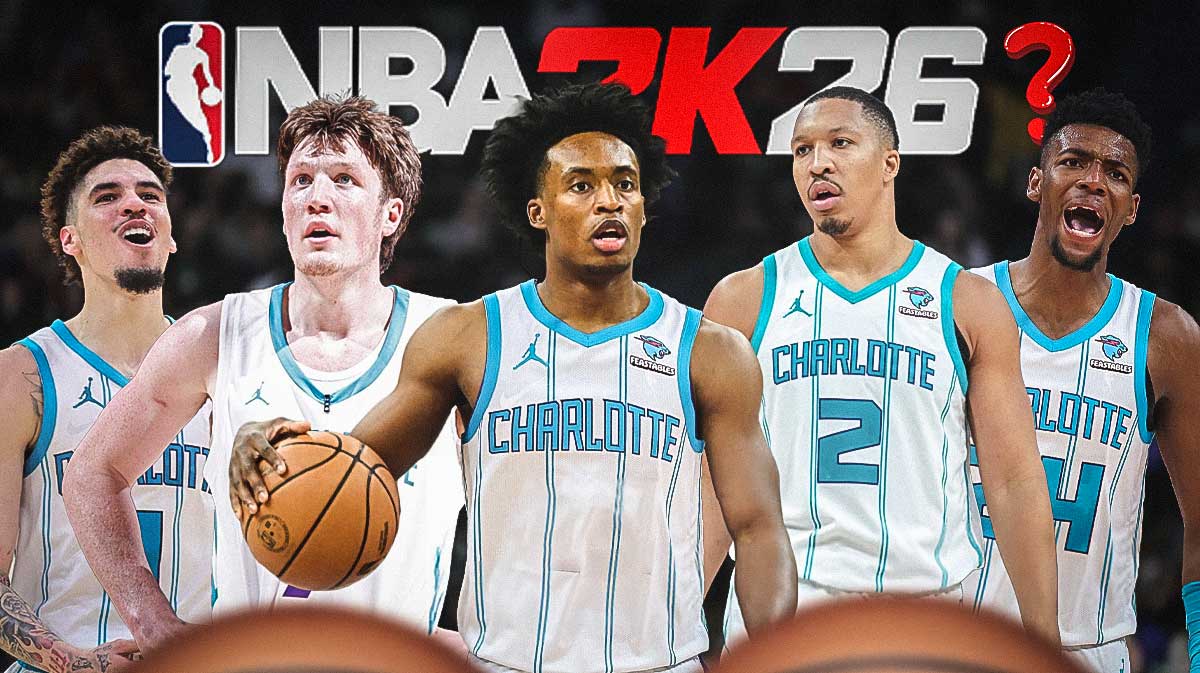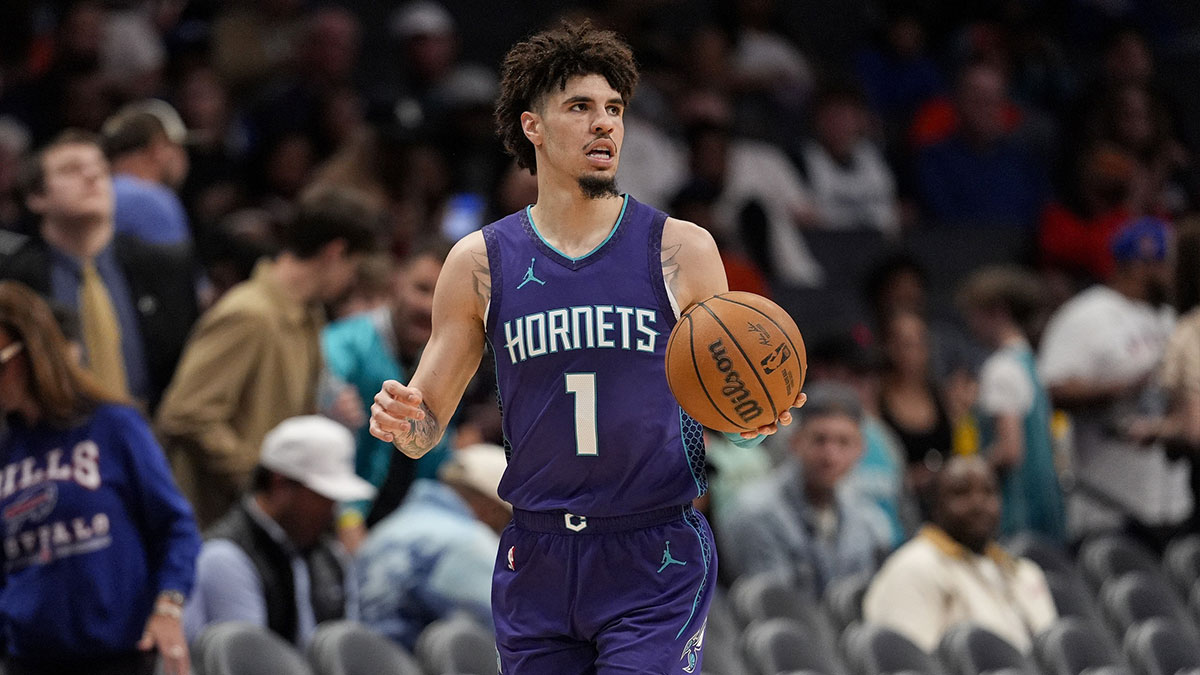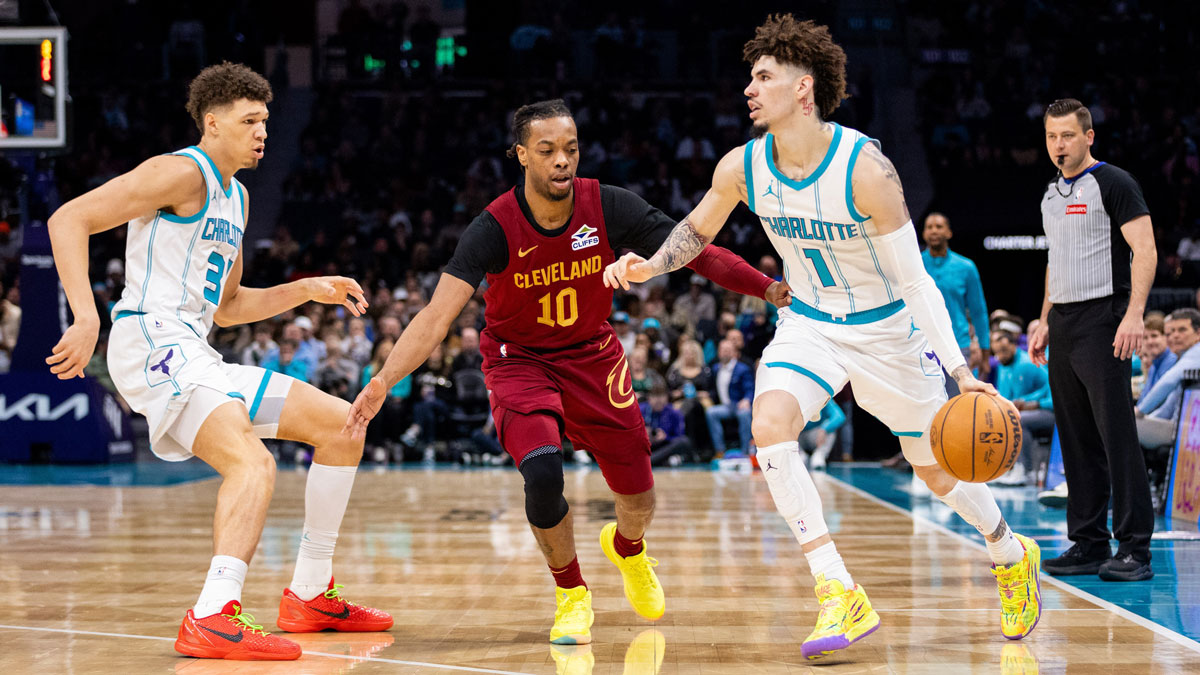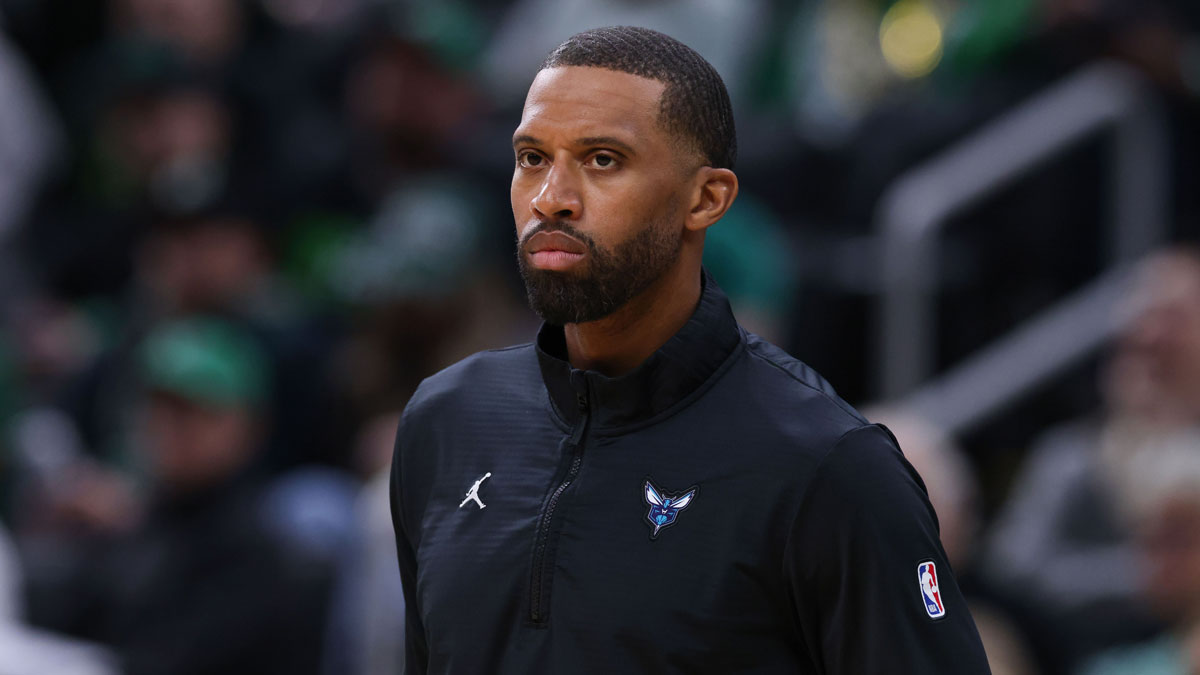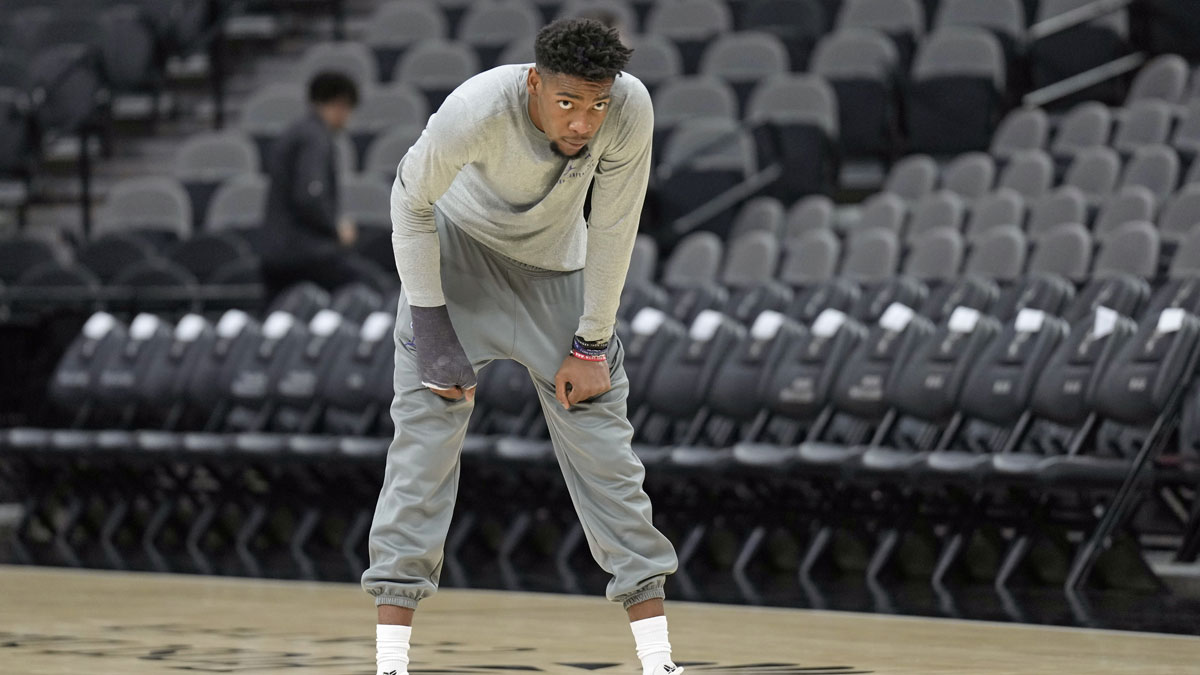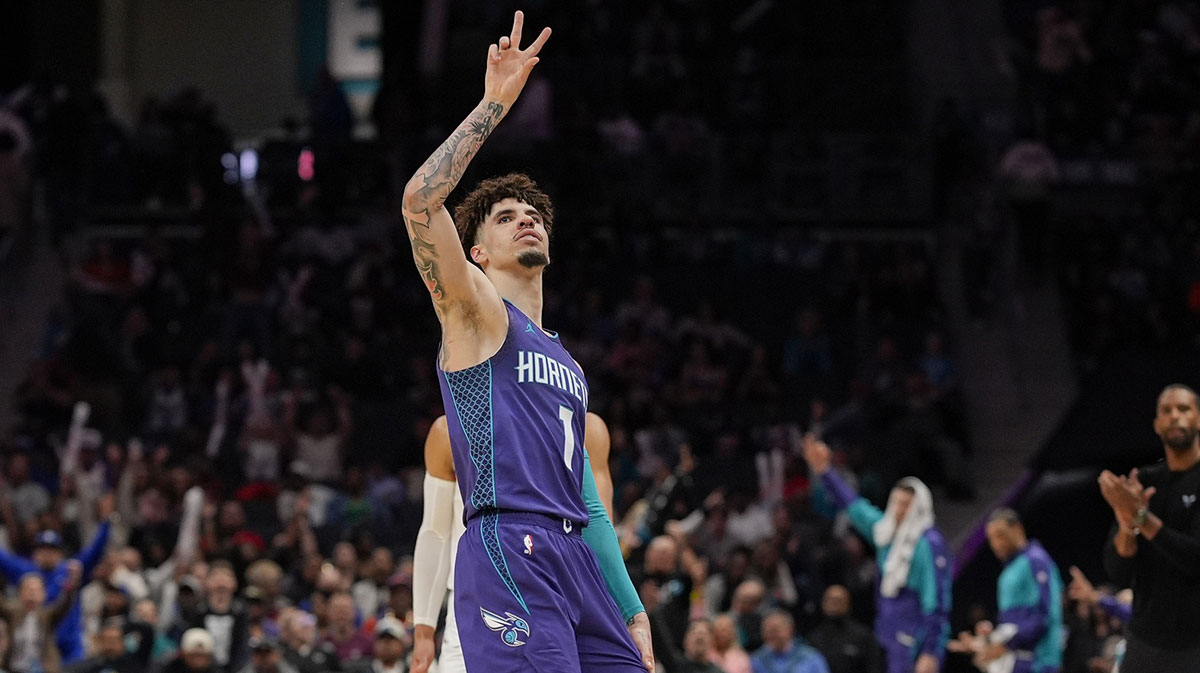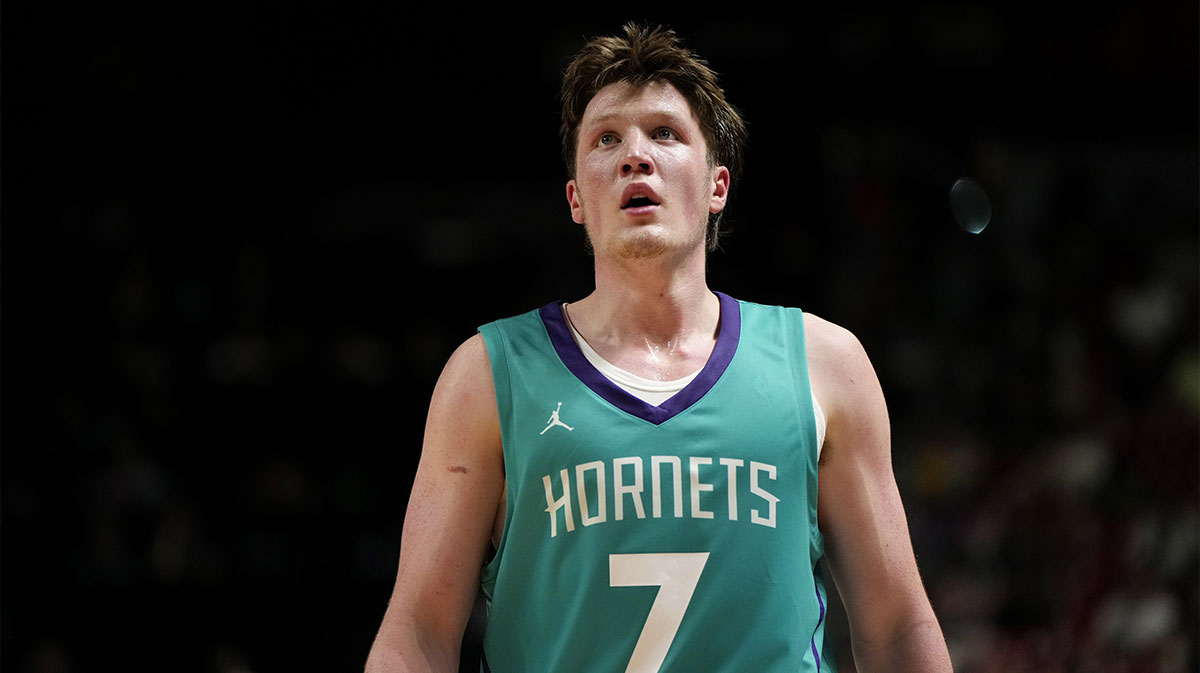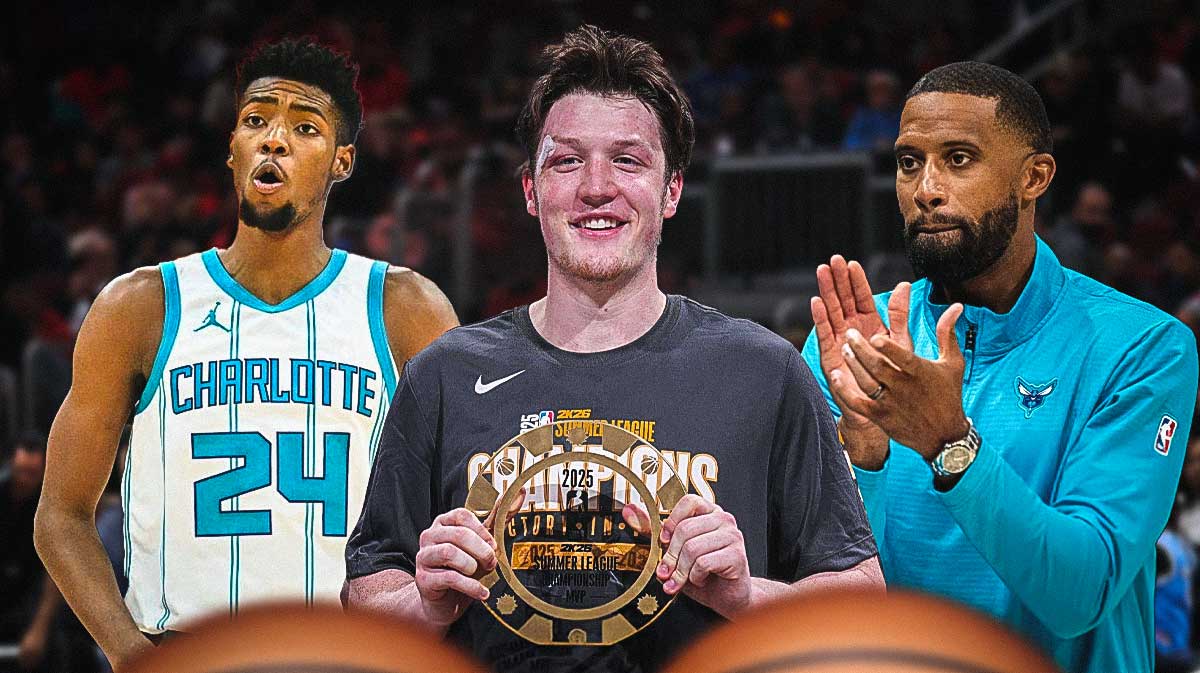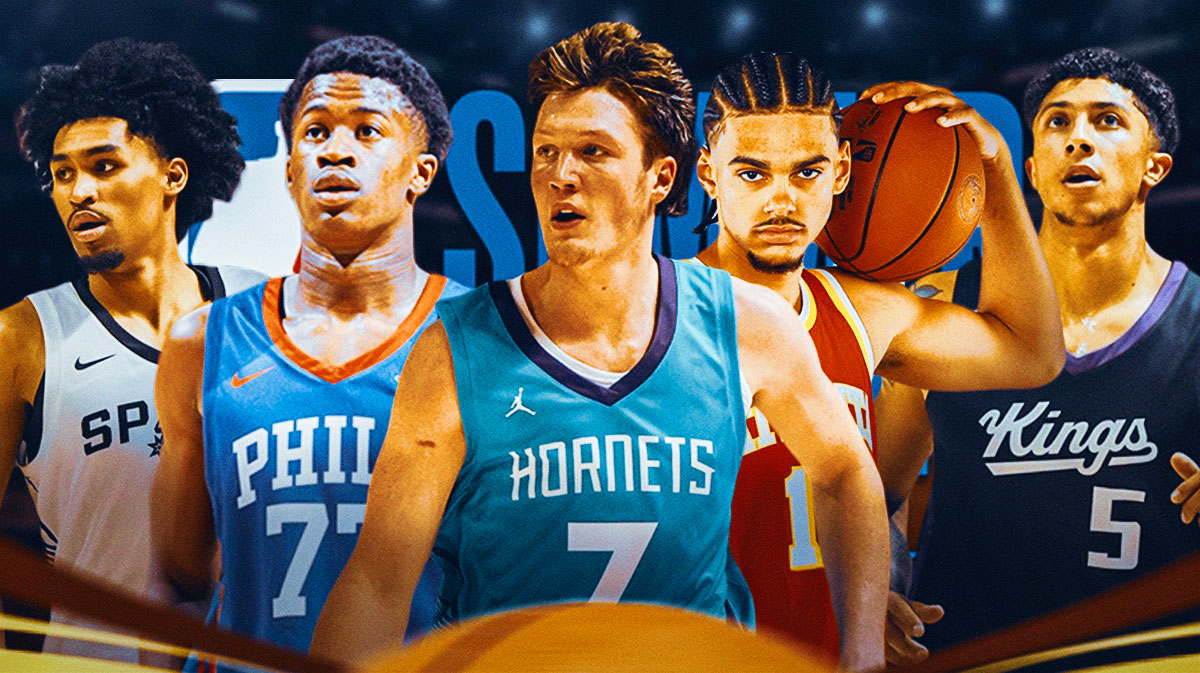With Michael Jordan in talks to sell a large stake of the Charlotte Hornets to a group led by Hornets minority owner Gabe Plotkin and Atlanta Hawks minority owner Rick Schnall, major changes could be on the way for a franchise that has underwhelmed while headed by the NBA icon.
Jordan acquired the Hornets in 2010, when they were called the Charlotte Bobcats, after BET co-founder Bob Johnson decided to put the team up for sale in 2008.
As is wont to happen when the primary ownership of a franchise changes hands, major changes followed the announcement that Johnson had sold the team to MJ. Hall of Fame head coach Larry Brown stepped down and was replaced by former NBA All-Star Paul Silas. The Bobcats would trade former franchise cornerstone Gerald Wallace, Stephen Jackson, Shaun Livingston and a first-round pick in exchange for Corey Maggette, Joel Przybilla, Sean Marks, Dante Cunningham, D.J. White, Morris Peterson, and three first-round picks.
Just two seasons later, the Bobcats would finish with a 7-59 record, the worst in NBA history.
11 years later, and the biggest difference has been that they reclaimed the Hornets moniker. That being said, should Jordan complete the sale, expect changes to happen at every level.
Here are three ways Michael Jordan selling the Hornets will leave a lasting impact.
Front office changes
The primary decision-maker for the Hornets is currently president and general manager Mitch Kupchak, who took over the position in 2018. Since that time, Charlotte has swapped out Steve Clifford for former head coach James Borrego, only to eventually replace Borrego with Clifford.
While Kupchak deserves credit for drafting star guard LaMelo Ball, trading for veteran Terry Rozier, and signing spark plug Kelly Oubre Jr., these three decisions do not outweigh years of poor roster decisions. The most glaring mistake on his resume is trading a future All-Star in Shai Gilgeous-Alexander to the Oklahoma City Thunder in exchange for now-troubled forward Miles Bridges. However, Kupchak also made a number of mistakes in the draft, selecting myriad players in the first-round that would play insignificant roles for the franchise.
With that being said, should Jordan sell the Hornets, Kupchak could be replaced expeditiously. If so, the Hornets may look to replace Kupchak with Hawks senior adviser Travis Schlenk, who stepped away from his previous role as team president in Dec. 2022.
Since joining the Hawks, Atlanta has made shrewd draft decisions, including the selections of Trae Young, John Collins, DeAndre' Hunter, Onyeka Okongwu, Cam Reddish, A.J. Griffin, and Jalen Johnson, all players who played significant roles for the team. While there has been debate about whether the Hawks should have traded Luka Doncic for Young on draft night, and questions about the fits of players like Reddish and Collins, there has been no question about the talent of these players.
A rebuilding squad, like the Hornets may be, would be hard-pressed to pass up on a decision-maker like Schlenk if he becomes available.
Coaching staff changes
Steve Clifford is one of the more experienced coaches in the NBA, and his long-standing focus on the defensive end is important in an era where playing defense is as difficult as it's ever been.
Nonetheless, Clifford is in his first season back with the franchise after spending three seasons with the Orlando Magic. Having gone 22-49 thus far this season and 218-263 in his time with the franchise overall, it's not a stretch to say that they Hornets could find a more successful head coach.
A number of coaches considered to be strong candidates for a promotion or return to the bench will be available if the Hornets were to have interest, such as: Toronto Raptors assistant coach Adrian Griffin, Memphis Tigers head coach Penny Hardaway, and Team USA assistant coaches Jay Wright and Lloyd Pierce.
Pierce, notably, was hired by the Hawks during Schlenk's tenure as president.
The next coach of the Hornets has to have a better hold on his locker room than Clifford has, with multiple players that play integral roles for the team finding themselves in unnecessary off-court drama. While the players are adults with their own minds, coaches should be able to both connect with and serve as role models for their team.
Roster changes
Significant roster upheaval could be on the way with a sale of the team, as most of the roster is replaceable.
In fact, outside of Ball — a generational talent at point guard — every player on the roster should undoubtedly be available in trade talks. Unfortunately, it may be difficult to receive fair on-court value for a player such as Bridges due to his off-court incidents. Nonetheless, for the benefit of the locker room and the molding of Ball's character, a player such as Bridges — who Ball is close to — needs to be traded.
Rozier should also be traded in order for the Hornets to focus on the development of shooting guard James Bouknight. Bouknight, the 11th overall pick in the 2021 NBA Draft, averaged 18.7 points per game for the UConn Huskies in his second and final collegiate season. Due to his reputation as a tough player who impacts the game on both ends, Rozier could have the greatest trade value of any Hornets player outside of LaMelo.
With the Hornets currently projected to have the fourth overall pick in the 2023 NBA Draft, they're in great position to draft one of the Thompson twins. Ausar and Amen are both highly athletic guards with terrific length at 6-foot-7, and while they both need work as outside shooters, they thrive on the defensive end.
Furthermore, both are determined to prove themselves as hard workers in the NBA.
Beside Ball, they would be the tallest backcourt in the league and could wreak havoc defensively. Should they re-sign Oubre, they're already in a much better position looking forward than they may have been otherwise. Especially if they are able to acquire a strong frontcourt player in a trade involving Rozier.

